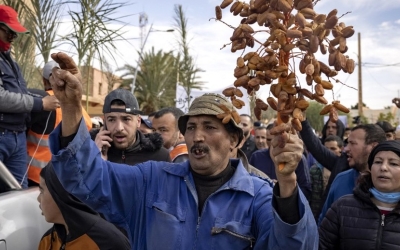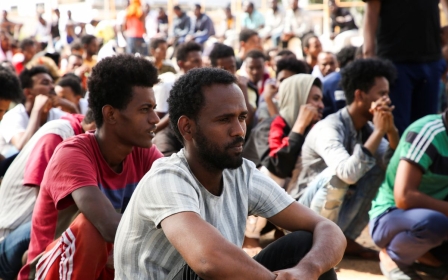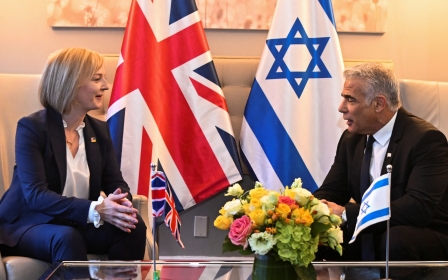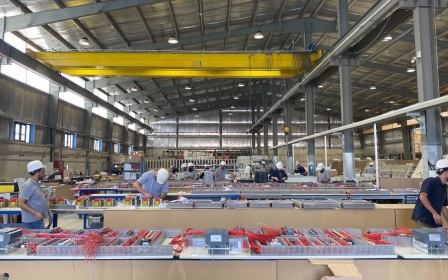Arabic press review: Libya’s farmers abandon lands over surging costs
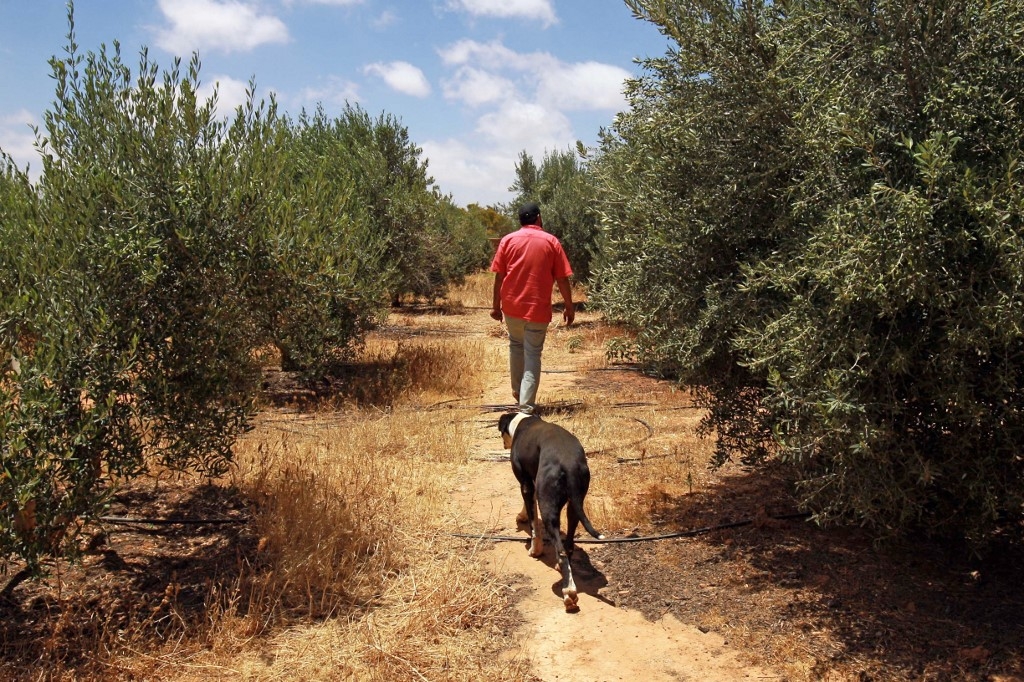
Libyan lands abandoned by farmers
Many farmers in Libya have been forced to leave their lands and stop working due to high rises in the prices of raw materials and supplies used in agriculture, according to a report published by the London-based Al-Araby Al-Jadeed newspaper.
Abdul Razzaq al-Bakai, a farmer in southern Libya, left his job to start work as a taxi driver due to the high cost of living for himself and his family, according to the report.
Bakai, who said he had incurred heavy losses, said that the price of agricultural inputs had doubled in recent years and that imported goods had caused damage to local crops as well as financial losses.
The former farmer said the price hike of all agricultural inputs, such as fertilizer, as well as the wages of expatriate workers, was due to a surge in the value of the dollar.
Ali Abu Ghamja, another farmer from Tripoli, said that "the problem lies in the increasing cost of living and the lack of supplies in the market".
He added that state intervention through agricultural loans could contribute to solving some of the problems for farmers.
In total Libya encompasses around 1.67 million square kilometres, of which only two percent - or 3.6 million hectares - is arable land, according to estimates by the Ministry of Agriculture. Pastoral land accounts for 7.5 percent of the total area,
Between 2016 and 2020, Libya received more than 30 percent of its wheat imports from Ukraine and 20 percent from Russia.
Libya's economy is almost entirely dependent on oil exports, which constitute about 68 percent of the gross domestic product.
Oil exports make up at least 96 percent of the country's total exports, while oil revenues contribute to financing about 90 percent of the state's public revenues.
Jordan placed 16th globally regarding citizens' sense of safety
Jordan came 16th globally in terms of how safe its citizens feel, according to Gallup's Law and Order 2022 index, the country's state news agency Petra has reported.
Jordan had a rating of 89 percent in the index, compiled by the US analytics and advisory company, higher than a range of countries, including Sweden, the Netherlands, Canada, South Korea, France, and the United States.
In the same category, it came third in the Arab world, after Egypt and the United Arab Emirates.
The index itself is a composite score based on Gallup World Poll questions that ask people whether they are confident in their local police, feel safe in their neighbourhoods, or were victims of theft or assault in the past year.
With regards to countries where people feel safest walking alone at night, Jordan was placed tenth internationally, with a score of 87 percent, and fourth in the Arab world, behind the UAE, Saudi Arabia, and Egypt.
Kuwait bans foods from three Arab countries
Kuwait's ministry of health has banned the import of food by travellers from Iraq, Syria, and Lebanon due to the spread of cholera in the region, according to Kuwait's Al-Qabas newspaper.
"The Ministry of Health has notified Kuwait International Airport that it is necessary to ban the entry of food for personal use with travellers coming from three countries which are Iraq, Syria, and Lebanon," the newspaper wrote.
The ministry cited the need to adhere to recommendations relating to cholera in endemic countries, following its spread in some neighbouring states.
In a report issued on Monday, UNICEF confirmed that cholera had spread widely in Iraq, Lebanon, and Syria, adding that it directly threatened children.
According to a report by the World Health Organisation on 15 October, Syria, where the outbreak first emerged, has seen more than 20,000 suspected cases and 75 cholera-related deaths.
Algerian journalist jailed after dates export story
An Algerian court issued a jail sentence to a journalist for “spreading false news” because of an article about dates allegedly tainted with banned pesticides, Al-Quds Al-Arabi newspaper reported.
Belkacem Houam, a reporter for the Echorouk newspaper, was handed a year-long prison sentence and a fine of about $710 on Wednesday.
He will serve only two months of the sentence, after the remaining 10 were suspended, and will be released in November.
Echorouk’s editor-in-chief also received a six-month prison sentence which was suspended.
Houam was arrested in September after he reported that 3,000 tonnes of Deglet Nour dates exported to France had been sent back to Algeria because they contained harmful chemicals.
The Algerian trade and agriculture ministry has denied the affair.
The 41-year-old reporter told the court his story was based on sources and supported by a statement from the country's coordination body for dates exports, which warned that using chemicals in processing dates will lead to bans from European markets.
Middle East Eye delivers independent and unrivalled coverage and analysis of the Middle East, North Africa and beyond. To learn more about republishing this content and the associated fees, please fill out this form. More about MEE can be found here.



